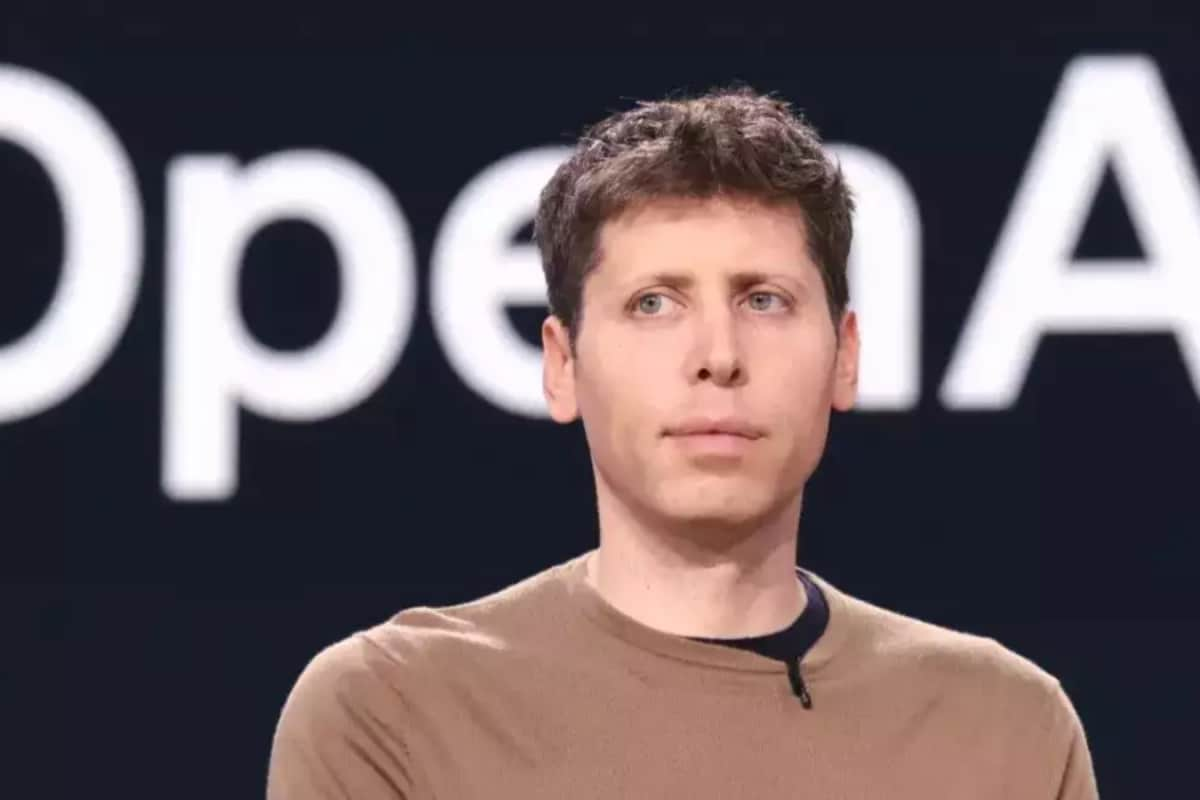

OpenAI CEO Sam Altman has announced that India is poised to become the company's largest market, potentially surpassing the United States, driven by the country's rapid adoption of artificial intelligence (AI). This declaration coincided with the launch of OpenAI's latest model, GPT-5, which is being made freely accessible to all users.
Altman expressed considerable enthusiasm regarding India's burgeoning AI landscape, noting the remarkable integration of AI by both individuals and businesses. He highlighted the impressive pace of growth and the innovative ways in which Indian citizens are utilizing AI. In light of these developments, Altman plans to visit India in September to explore further collaboration opportunities and deepen partnerships within the region.
GPT-5 represents a significant advancement over its predecessors, offering enhanced capabilities in coding and agentic tasks. The model is available in three sizes—gpt-5, gpt-5-mini, and gpt-5-nano—allowing developers to select the version that best balances performance, cost, and latency for their specific needs. This new model marks a substantial stride toward Artificial General Intelligence (AGI), with Altman characterizing GPT-5 as an AI that can provide expert-level insights across various domains.
One of the key improvements in GPT-5 is its enhanced multilingual understanding, particularly across more than 12 Indian languages. Nick Turley, head of ChatGPT, emphasized that this enhancement makes GPT-5 more accessible and relevant to a broader segment of the Indian population. The rollout of GPT-5 commenced on August 7 for free users, as well as Plus and Pro subscribers, with Enterprise and Education users scheduled to gain access a week later.
OpenAI is also demonstrating its commitment to India through strategic collaborations and investments. The company is in discussions with the Indian government to collaborate on data center infrastructure as part of its 'OpenAI for Countries' initiative. This program aims to support partner nations in expanding their AI capabilities through joint investments and strategic coordination. India could be among the first ten countries to participate in this initiative.
In February 2025, OpenAI signaled its intent to establish its first data center operations in India, engaging in discussions with data center operators to meet the growing demand for its services in India and neighboring countries. This move includes plans to store data for Indian users locally, addressing data privacy and compliance requirements. The company aims to complete this process by the end of 2025.
Furthermore, OpenAI has launched the 'OpenAI Academy' in collaboration with the Ministry of Electronics and IT's IndiaAI Mission, marking the first international rollout of its educational platform. This partnership will provide free access to AI tools, developer training, and events, with content available in English, Hindi, and four additional regional languages. The initiative also extends support to government officials and startups through dedicated learning platforms, hackathons, and workshops.
Sam Altman's previous visits to India underscore the importance of the Indian market to OpenAI's global strategy. During these visits, Altman engaged with top startup founders, investors, and government officials to discuss strategies for the Indian market and explore collaboration opportunities. These discussions have revolved around building a self-reliant AI stack in India, encompassing GPUs, foundational models, and applications.
The increasing focus on India comes at a time when competition in the AI space is intensifying, with companies like DeepSeek launching their own models. Despite the competition and legal challenges, OpenAI's commitment to investing in India's AI ecosystem remains strong, with plans to make AI more affordable and effective for the country’s diverse population.